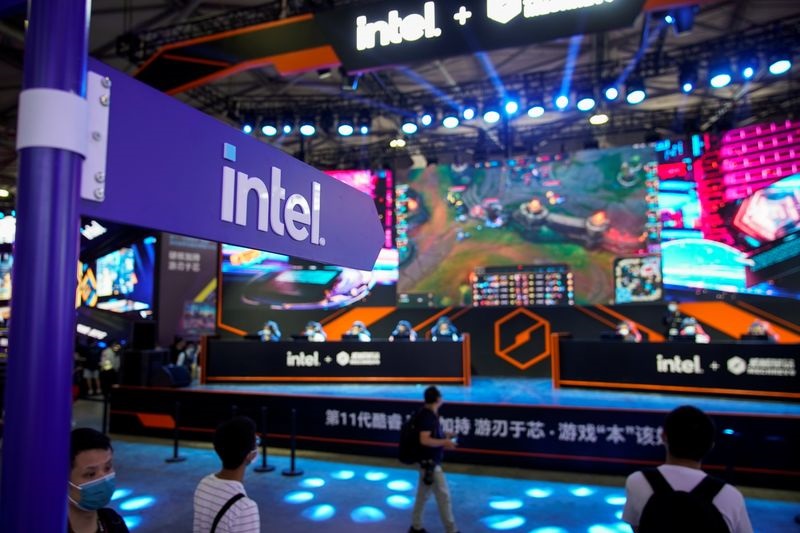Intel (NASDAQ:INTC) has decided to abandon its proposed $5.4 billion acquisition of Tower Semiconductor (NASDAQ:TSEM) following unsuccessful attempts to secure regulatory approval from Chinese authorities by the stipulated deadline. Both firms have mutually agreed to terminate the deal, which was initially set in February 2022. The aborted purchase was a crucial component of Intel CEO Pat Gelsinger's strategy to penetrate the rapidly expanding foundry segment of the semiconductor industry, a market segment predominantly controlled by Taiwan Semiconductor. This setback, accentuated by the growing U.S.-China tensions, echoes previous incidents where large-scale mergers faced hurdles due to extended regulatory reviews, especially in sectors as pivotal as semiconductors.
The implications of this unfulfilled transaction were immediately visible in the stock market. Tower’s shares plummeted by 12% in Tel Aviv and by 8.5% in the U.S., while Intel experienced a 1% decline. The acquisition was intended to bolster Intel's capabilities in the foundry market, an area where Tower, despite its modest size, boasts considerable expertise and a clientele base Intel does not yet cater to.
The semiconductor industry has been a significant point of contention in U.S.-China relations, making approvals for mergers that require greenlights from both nations increasingly challenging. In prior instances, DuPont de Nemours Inc. (NYSE:DD) and Qualcomm (NASDAQ:QCOM) had to abandon their acquisitions of Rogers (NYSE:ROG) Corp. and NXP Semiconductors (NASDAQ:NXPI) respectively due to protracted reviews or lack of timely clearances from Beijing.
For Intel, the failure to close the deal is a significant hindrance, particularly in their pursuit to establish a dominant presence in the foundry space. While Tower specializes in older forms of production and caters to significant clients like Broadcom (NASDAQ:AVGO) Intel had envisioned capitalizing on Tower's established customer base to fortify its operations. As a result of the termination, Intel is obliged to pay Tower a fee of $353 million.
This article was originally published on Quiver Quantitative
